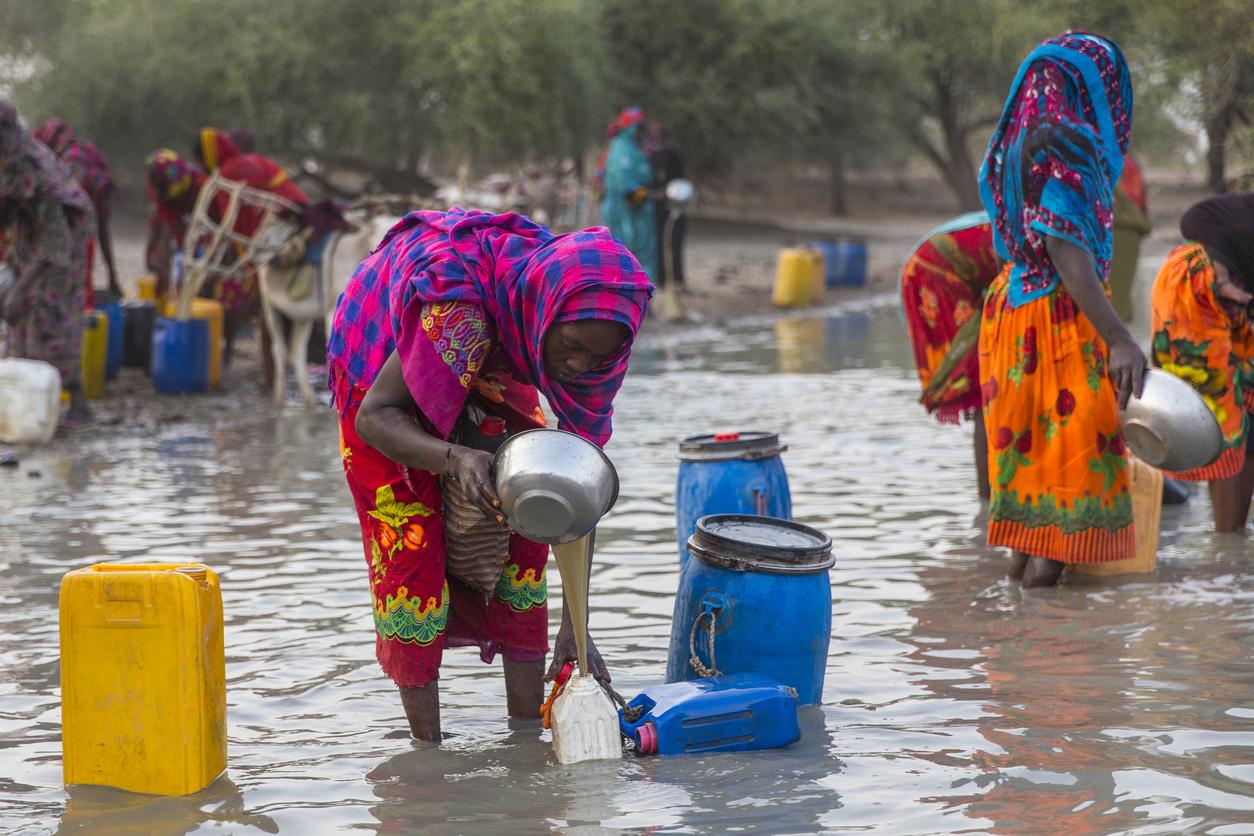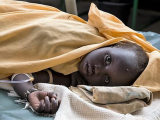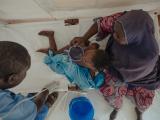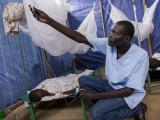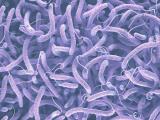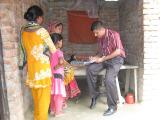The global cholera situation continues to deteriorate, led by outbreaks and high case-fatality rates (CFRs) in five African countries beset by poverty, conflict, and mass displacement, the World Health Organization (WHO) said today in an outbreak update.
From January 1 through August 17, a total of 409,222 cholera and acute watery diarrhea (AWD) cases and 4,738 deaths were reported from 31 countries. Although the case count represents a 20% decline from the same period in 2024, deaths are up by 46%. Cholera-related deaths were highest in the WHO African Region, where 3,763 deaths and a CFR of 2.2% have been reported.
While the WHO Eastern Mediterranean Region had the most cholera cases (230,991 in six countries), the African Region (172,759 cases) isn't far behind. The disease burden is particularly high in Chad, the Democratic Republic of the Congo (DRC), the Republic of Congo, South Sudan, and Sudan, all of which are experiencing acute outbreaks.
"These countries continue to report high transmission rates, case fatality rates, and experience significant challenges in outbreak control and access to care," the WHO said.
Multiple compounding factors
Cholera spreads through water and food contaminated by the Vibrio cholerae bacterium, causing severe diarrhea and dehydration. The disease is easily treatable with antibiotics, oral rehydration solution, and intravenous fluids, but it can quickly become life-threatening if it goes untreated.
Although the outbreaks in the DRC, South Sudan, and Sudan date back to 2024, Chad and the Republic of Congo have not reported large-scale outbreaks in recent years. The WHO said the limited exposure to the disease has contributed to low levels of awareness regarding cholera prevention and treatment in these countries, contributing to high CFRs (7.7% in the Republic of Congo and 6.8% in Chad).
The WHO added that all five countries highlighted in the report are facing "multiple and similar challenges" to control the ongoing outbreaks. These include weaknesses in health systems, surveillance systems, and water, hygiene, and sanitation (WASH).
"Inadequate access to clean water and sanitation remains a common denominator across all affected countries, leaving communities highly vulnerable to cholera outbreaks," the WHO said. "Seasonal factors such as heavy rains and flooding further amplify this risk by contaminating water sources and facilitating rapid transmission."
In Chad, the DRC, South Sudan, and Sudan, the problem has been exacerbated by conflict, internal displacement, and ongoing refugee crises, which are obstructing surveillance activities and hampering international response efforts. Last month, UNICEF warned that the situation in the DRC and other countries in Central Africa will likely get worse with the onset of the rainy season, particularly for children, who make up a large proportion of displaced populations.
Risk of further spread very high
Today, the WHO and Africa Centres for Disease Control and Prevention launched a continent-wide cholera emergency preparedness and response plan to address the issue. The plan calls for an approach similar to the one that's been used to battle mpox outbreaks in Africa. But the agency warned that, in the short-term, the situation is likely to get worse.
"Given the scale, severity, and interconnected nature of these outbreaks, the risk of further spread within and between countries is considered very high," the WHO said in its outbreak update.
"Without urgent and coordinated public health measures, including improved case management, WASH interventions, vaccination campaigns, and cross-border collaboration, cholera transmission is likely to expand across countries."
